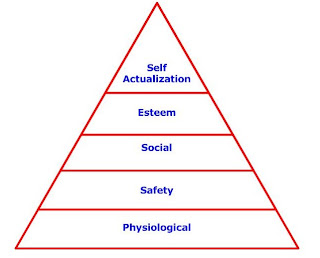Sometimes you need to ‘practise what you preach’ in order to fully understand the benefits of your product.
Everybody 'knows' what the benefits of their products are. For instance, I could tell you how simple, practical and effective our KPI management System is and why it is more powerful than alternatives on the market. But that does not necessarily mean you fully understand its true value. This is something that certainly applied to me and why I now understand the importance of practicing what you preach.
Everybody 'knows' what the benefits of their products are. For instance, I could tell you how simple, practical and effective our KPI management System is and why it is more powerful than alternatives on the market. But that does not necessarily mean you fully understand its true value. This is something that certainly applied to me and why I now understand the importance of practicing what you preach.
At Experian UK, I was the system administrator for 600 system users across our business units. It was my duty to support all the KPI Managers with the system; explaining how to use it and why.
The trouble was though, I was only supporting the process and not part of the process. I was on the outside and therefore not embracing what ICG was really about.
Clearly I always liked the product. So much so that I even ended up joining Qualitin! But it was the day of our Partners event where I understood ICG's value. This is the day where I knew I would be required to present my KPIs, results and proposed actions.
Having all your data on display for everyone to see meant there was no hiding away. Everybody could clearly see what my targets were for the month and what I had actually achieved. Everybody could see my red KPIs (unfortunately there were a few that day I recall) and so I explained what I intended to do about improving the situation for next month.
It was at that moment though where it all made sense. Firstly having my data on display had provided me with the necessary self-discipline to be appropriately prepared for the meeting. I did not want to be shown up after all. Secondly, everybody was less interested in the fact a couple of my KPIs were red. The focus was far more on my analysis of the situation and what I intended to do about improving it.
Therefore now when I describe ICG to someone I would no longer just use the words ‘simple, effective and practical’. These just describe ICG as just a tool and certainly do not provide ICG justice. Instead the words ‘ritual’, ‘forward-thinking’ and ‘self-discipline’ are a better match because these words describe what ICG does, not what it is.
Now, and only now I can now honestly say I understand the true value of my product.
Now, and only now I can now honestly say I understand the true value of my product.


